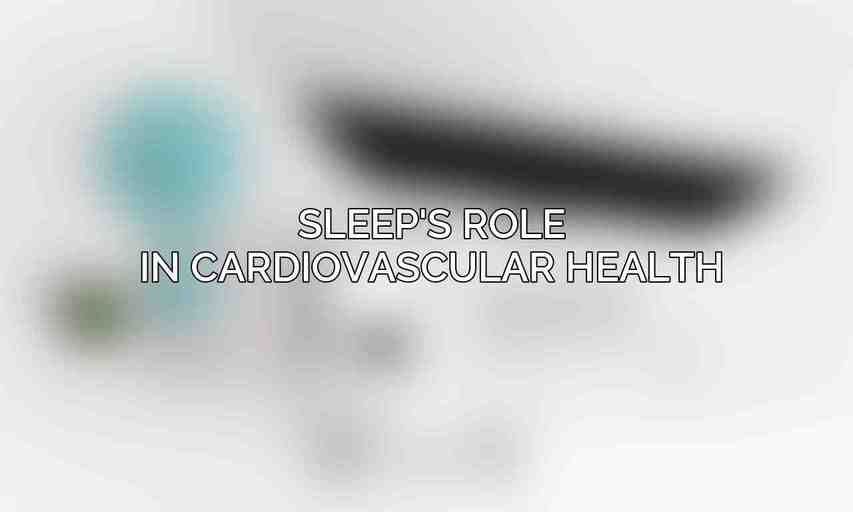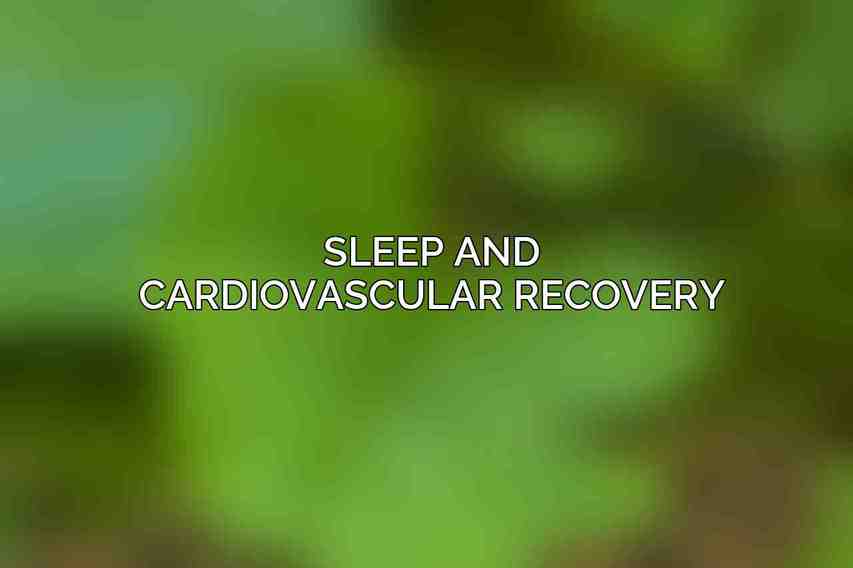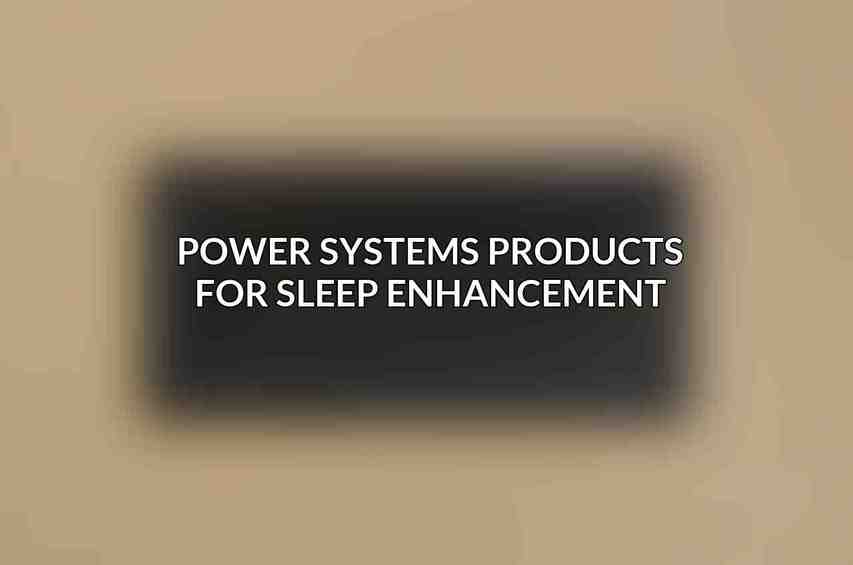Sleep is a fundamental aspect of a healthy lifestyle, playing a crucial role in overall well-being. Adequate sleep is essential for various bodily functions, including cognitive performance, immune function, and cardiovascular health. According to the National Sleep Foundation, adults should aim for 7-9 hours of quality sleep each night. Insufficient sleep has been linked to a myriad of health issues, with cardiovascular health being a primary concern.
| Feature | Benefit | ||||||||||||||||||||||||||||||||||||||||||||||||||||||||||||||||||||||||||||||||||||||||||||||||||
|---|---|---|---|---|---|---|---|---|---|---|---|---|---|---|---|---|---|---|---|---|---|---|---|---|---|---|---|---|---|---|---|---|---|---|---|---|---|---|---|---|---|---|---|---|---|---|---|---|---|---|---|---|---|---|---|---|---|---|---|---|---|---|---|---|---|---|---|---|---|---|---|---|---|---|---|---|---|---|---|---|---|---|---|---|---|---|---|---|---|---|---|---|---|---|---|---|---|---|---|
| Pulse Oximeter | Monitors oxygen saturation levels during sleep to identify potential sleep apnea or other respiratory issues. | ||||||||||||||||||||||||||||||||||||||||||||||||||||||||||||||||||||||||||||||||||||||||||||||||||
| Sleep Cycle Tracker | Tracks sleep stages and patterns to optimize sleep quality and duration. | ||||||||||||||||||||||||||||||||||||||||||||||||||||||||||||||||||||||||||||||||||||||||||||||||||
| PowerBreathe | Strengthens respiratory muscles to improve oxygen intake and reduce recovery time. | ||||||||||||||||||||||||||||||||||||||||||||||||||||||||||||||||||||||||||||||||||||||||||||||||||
| Altitude Simulation Training | Mimics high-altitude conditions to stimulate red blood cell production and enhance endurance. | ||||||||||||||||||||||||||||||||||||||||||||||||||||||||||||||||||||||||||||||||||||||||||||||||||
| Sleep Mask | Blocks out light and creates a more conducive sleep environment. | ||||||||||||||||||||||||||||||||||||||||||||||||||||||||||||||||||||||||||||||||||||||||||||||||||
| Cooling Mattress Pad | Regulates body temperature for optimal sleep and recovery. | ||||||||||||||||||||||||||||||||||||||||||||||||||||||||||||||||||||||||||||||||||||||||||||||||||
| Visit Power Systems | |||||||||||||||||||||||||||||||||||||||||||||||||||||||||||||||||||||||||||||||||||||||||||||||||||
Sleep’s Role in Cardiovascular Health

Quality sleep is integral for maintaining cardiovascular health. During sleep, the body undergoes essential processes that help regulate heart function, blood pressure, and inflammation levels. Research shows that poor sleep can contribute to the development of cardiovascular diseases, highlighting the significance of prioritizing restful sleep for a healthy heart.
Sleep and Cardiovascular Recovery

A. Impact of Sleep on Heart Rate Variability (HRV)
Heart rate variability (HRV) is a measure of the variations in time intervals between consecutive heartbeats. Studies have demonstrated that sufficient sleep is associated with improved HRV, indicating better autonomic nervous system function and heart health.
B. Sleep’s Role in Reducing Inflammation
Chronic inflammation is a key contributor to cardiovascular diseases. Quality sleep has been shown to help reduce inflammatory markers in the body, potentially lowering the risk of heart issues.
C. Sleep and Blood Pressure Regulation
Proper sleep patterns play a crucial role in regulating blood pressure levels. Consistent, restful sleep is essential for maintaining healthy blood pressure, which is vital for overall cardiovascular well-being.
D. Relationship Between Sleep and Cholesterol Levels
Sleep can influence cholesterol metabolism and levels in the body. Inadequate sleep may lead to unfavorable changes in cholesterol profiles, increasing the risk of heart disease over time.
E. Impact of Sleep Deprivation on Cardiovascular Risk
Chronic sleep deprivation has been linked to an increased risk of developing cardiovascular conditions such as hypertension, coronary heart disease, and stroke. Prioritizing sleep hygiene is essential in reducing the likelihood of cardiovascular issues.
Power Systems Products for Sleep Enhancement

Power Systems offers a range of products designed to enhance sleep quality and support overall recovery.
A. Powerbreathe Plus Respiratory Muscle Trainer
| Benefits | Specifications |
|---|---|
| Improves breathing patterns | Adjustable resistance levels |
| Reduces airway resistance | Ergonomic design |
B. Recovery Lounge 0 Massage Chair
| Benefits | Specifications |
|---|---|
| Full-body massage | Customizable massage programs |
| Improves circulation | Zero-gravity positioning |
C. Magnesium Formula
| Benefits | Specifications |
|---|---|
| Supports relaxation | High-absorption magnesium blend |
| Muscle recovery | Vegetarian-friendly |
Creating an Optimal Sleep Routine
A. Establishing Regular Sleep-Wake Cycles
Maintaining a consistent sleep schedule helps regulate the body’s internal clock, enhancing overall sleep quality and improving cardiovascular recovery.
B. Creating a Conducive Sleep Environment
A dark, quiet, and comfortable sleep environment can promote relaxation and support restful sleep. Investing in a good mattress, pillows, and bedding can make a significant difference.
C. Optimizing Pre-Sleep Habits
Engaging in calming activities before bedtime, such as reading or meditating, can signal to the body that it’s time to wind down and prepare for sleep.
D. Importance of Consistent Sleep Duration
Ensuring that you consistently get the recommended amount of sleep each night is crucial for cardiovascular health and overall well-being.
E. Considering Sleep Aids if Necessary
In cases of persistent sleep difficulties, discussing potential sleep aids with a healthcare provider can help address underlying issues and improve sleep quality.
sleep plays a critical role in cardiovascular recovery and overall health. Prioritizing quality sleep is essential for supporting heart health and reducing the risk of cardiovascular diseases. Power Systems products offer innovative solutions to enhance sleep quality and promote better recovery. Investing in quality sleep is an investment in a healthier heart and well-being. Embrace a holistic approach to sleep health and cardiovascular wellness by integrating optimal sleep routines and utilizing effective sleep-enhancing products.
Remember, a good night’s sleep is a powerful tool for a healthy heart and a vibrant life. So, let’s make sleep a priority and reap the benefits of enhanced cardiovascular recovery. Visit Power Systems to explore products that can elevate your sleep experience and boost your overall well-being.
Frequently Asked Questions
What is the relationship between sleep and cardio recovery?
Sleep plays a crucial role in allowing the body to repair and recover after strenuous cardiovascular workouts. During sleep, the body repairs muscle tissue, regulates hormones, and restores energy levels.
How many hours of sleep are recommended for maximizing cardio recovery?
For optimal cardio recovery, it is generally recommended to get 7-9 hours of quality sleep per night. This allows the body to go through all the necessary sleep cycles for proper recovery.
Does the quality of sleep matter for cardio recovery?
Yes, the quality of sleep is just as important as the quantity. Deep sleep stages are particularly important for muscle repair and growth. Factors like a consistent sleep schedule, comfortable sleep environment, and avoiding stimulants before bedtime can help improve sleep quality.
What are some tips for improving sleep for better cardio recovery?
Some tips for improving sleep include establishing a regular sleep schedule, creating a relaxing bedtime routine, keeping your bedroom dark and quiet, avoiding screens before bed, and maintaining a comfortable sleep environment.
Can lack of sleep impact cardiovascular performance and recovery?
Yes, inadequate sleep can negatively affect cardiovascular performance, energy levels, recovery, and overall health. Chronic sleep deprivation has been linked to increased risk of heart disease, high blood pressure, weight gain, and other health issues that can impede cardio recovery.

